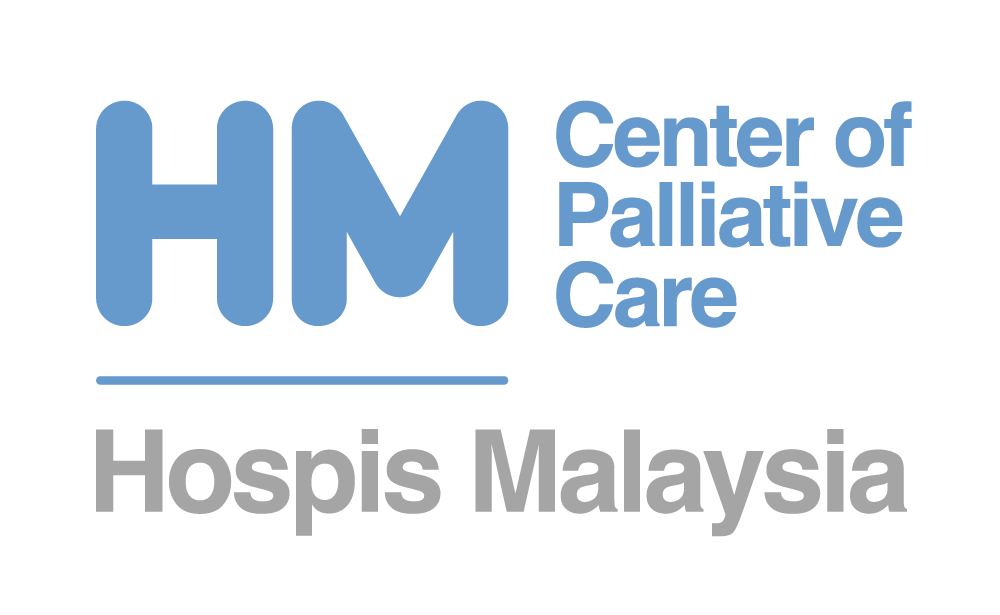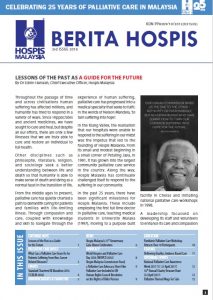Throughout the passage of time and across civilisations human suffering has affected millions, and humanity has tried to respond in a variety of ways. Since Hippocrates and ancient medicines, we have sought to cure and heal, but despite all our efforts, there are only a few illnesses that we are truly able to cure and restore an individual to full health.
Other disciplines such as philosophy, literature, religion, and sociology seek a better understanding between life and death so that humanity is able to make sense of death and dying as a normal facet in the transition of life.
From the middle ages to present, palliative care has quietly charted a path to demystify caring for patients and families with life-limiting illness. Through compassion and care, coupled with knowledge and skill to navigate through the experience of human suffering, palliative care has progressed into a medical specialty that seeks to fulfil. In the words of Nelson Mandela, ‘to turn suffering into hope’.
In the Klang Valley, the realisation that our hospitals were unable to respond to the suffering in our midst was the impetus that led to the founding of Hospis Malaysia. From its small and modest beginning in a small corner of Petaling Jaya, in 1991, it has grown into the largest community palliative care service in the country. Along the way, Hospis Malaysia has continually challenged itself to respond to the suffering in our community.
In the past 25 years, there have been significant milestones for Hospis Malaysia. These include employing the first full time doctor in palliative care, teaching medical students in University Malaya (1997), moving to a purpose built facility in Cheras and initiating national palliative care workshops in 1998.

